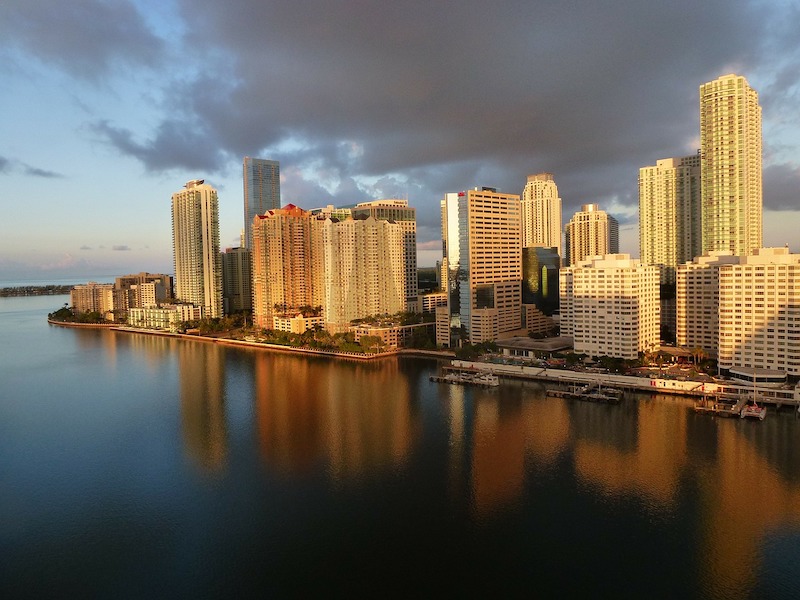The Champlain Towers South collapse in Surfside, Fla., could be a spark to ignite wholesale revisions to the state’s building codes similar to the effect of Hurricane Andrew.
It could take months to determine the cause of the deadly collapse, but consensus is growing that the tragedy will prompt action on what are some of the strictest building codes in the country. The disaster’s aftermath, some experts say, could be reminiscent of what happened after Hurricane Andrew, a category-5 cyclone that struck South Florida on Aug. 24, 1992, destroying more than 25,000 homes.
Florida’s building code was revamped following Andrew to construct more robust structures resistant to strong winds. The Surfside collapse could well lead to provisions that address sea level rise and growing hydrostatic pressure on structures. One option might be mandates for the use of corrosion-resistant rebars made of glass fiber reinforced polymers.
A new code might also have to contend with saltwater intrusion into the aquifer system that could render septic tanks and wells less viable. It might also have to address fair weather ‘King Tide’ flooding events.
Related Stories
| Nov 23, 2011
USGBC launches app lab for LEED certification process
The U.S. Green Building Council has released the App Lab, a searchable catalog of third-party apps that are integrated with LEED data.
| Nov 23, 2011
Document gives advice on stormwater runoff management
The report, “Rooftops to Rivers II,” provides tips on how cities can use smart infrastructure and green building design to minimize pollution from stormwater runoff and other wastewaters.
| Nov 23, 2011
Zoning changes proposed to make New York City buildings greener
New York City will introduce new zoning proposals next month that would make it easier for building owners to add features that will make their properties more sustainable.
| Nov 18, 2011
AGC offers webinar on Davis-Bacon compliance
Webinar to be held in two sessions, Dec. 7 and 8 from 2:00-3:30 p.m. EST.
| Nov 18, 2011
New green construction code may help push LEED standards higher
The International Green Construction Code (IgCC) is expected to set a floor for building standards and may create the opportunity for LEED certifications to push toward higher ceilings.
| Nov 18, 2011
New OSHA fall safety rule could save contractors money on insurance premiums
The new Occupational Safety and Health Administration rule requiring employers operating in the residential construction industry to use the same methods of fall protection that historically have been used in the commercial construction industry could save them money.
| Nov 18, 2011
Some believe new Austin building code will help mom and pop shops
Austin, Texas has proposed building codes that require wider sidewalks and call for buildings to be closer to sidewalks along a 3.5-mile stretch of highway.
| Nov 11, 2011
AIA: Engineered Brick + Masonry for Commercial Buildings
Earn 1.0 AIA/CES learning units by studying this article and successfully completing the online exam.
| Nov 10, 2011
WaterSense standard for weather-based irrigation controllers unveiled
The U.S. Environmental Protection Agency’s (EPA) WaterSense program has released a final specification for weather-based irrigation controllers—the first outdoor product category eligible to earn the WaterSense label.
| Nov 10, 2011
Advocate seeks noise reduction measures in California building codes
A former chief building inspector for San Francisco wants to enact building codes that would limit noise levels in restaurants and other spaces open to the public.















